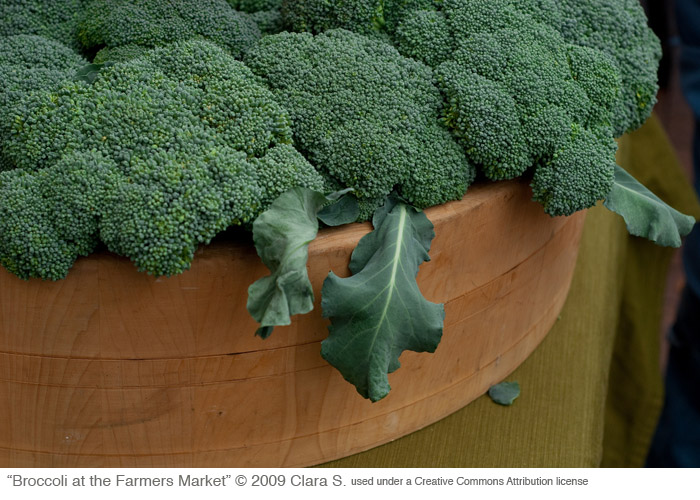by Fay Epps MS, CHHC
As Hippocrates famously said, “Let food be thy medicine and medicine be thy food.” When it comes to foods that help minimize the threat of cancer, there’s no shortage of reliable choices and the list keeps growing. However, here are 10 that have long been shown to have anti-cancer properties.
Aduki Beans — These small, dark red beans have a sweet, nutty flavor and are often used in Asian desserts. They are easy to digest and filled with flavonoids, which are part of a bigger family of antioxidants called polyphenols. These compounds may lower your risk of heart disease, cancer, and stroke.
Blueberries — Considered to have among the highest antioxidant capacity among other fruits and vegetables, these powerhouses are chock full of a variety of cancer-fighting phytochemicals.
Cruciferous Vegetables — Several studies suggest that higher intake of cruciferous vegetables (i.e.: broccoli, cauliflower, cabbage, collard greens, Brussels sprouts) can safeguard against several forms of cancer, due in large part to an abundance of chemicals, such as glucosinolates, that help detoxify carcinogens.
Dark Green Veggies — Spinach, kale, romaine lettuce, leaf lettuce, chicory, and Swiss chard are excellent sources of carotenoids. Researchers believe that carotenoids seem to prevent cancer by acting as antioxidants, scouring potentially dangerous “free radicals” from the body before they can do harm. Studies show the carotenoids in dark green leafy vegetables can inhibit the growth of certain types of breast cancer cells, skin cancer cells, lung and stomach cancer.
Garlic — Garlic and other members of the allium family (onions, leeks, scallions, and chives) all contain a phytochemical that provides protection from cancer. Studies show that garlic, in particular, probably decreases your chances of developing colorectal cancer.
Green Tea — One class of flavonoids called catechins has recently become the focus of widespread study for their anti-cancer potential. Tea is the best source of catechins in the human diet, and green tea contains about three times the quantity of catechins found in black tea. (Note: Because green tea is high in caffeine, it should be enjoyed in moderation.)
Mushrooms — Shiitake and maitake mushrooms are rich in beta-glucan, a long chain sugar that stimulates T-cell production and boosts the immune system. Tied to this, initial findings suggest that mushrooms reduce cancer risk.
Red Grape Juice and Red Wine — Resveratrol, an antioxidant present in the skins of red grapes, helps prevent cancer cells from getting a key protein required for their growth. Studies show resveratrol blocked the development of skin, breast, and leukemia cancers.
Sweet Potatoes — Sweet potatoes contain a variety of natural cancer-fighting molecules, including carotenoids, polyphenols, and flavonoids. Orange-hued potatoes contain an abundance of beta-carotene, an antioxidant that is converted to Vitamin A and plays a vital role in immune system health. Sweet potatoes may cut colon cancer risk.
Tomatoes — Lycopene, an anti-cancer compound in tomatoes, is more active when heated. Cooking the tomato in olive oil is even better, increasing the amount of lycopene in the blood by 40%. Eating foods high in lycopene may reduce risk of prostate, lung, and stomach cancers.
Author’s content used under license, © Sprouted Content, LLC
______________________
Related Links
Eat to Beat Cancer
http://www.eattobeat.org/
Ted Talk, William Li, “Can we eat to starve cancer?”
http://www.ted.com/talks/william_li.html
American Institute for Cancer Research
http://www.aicr.org/


